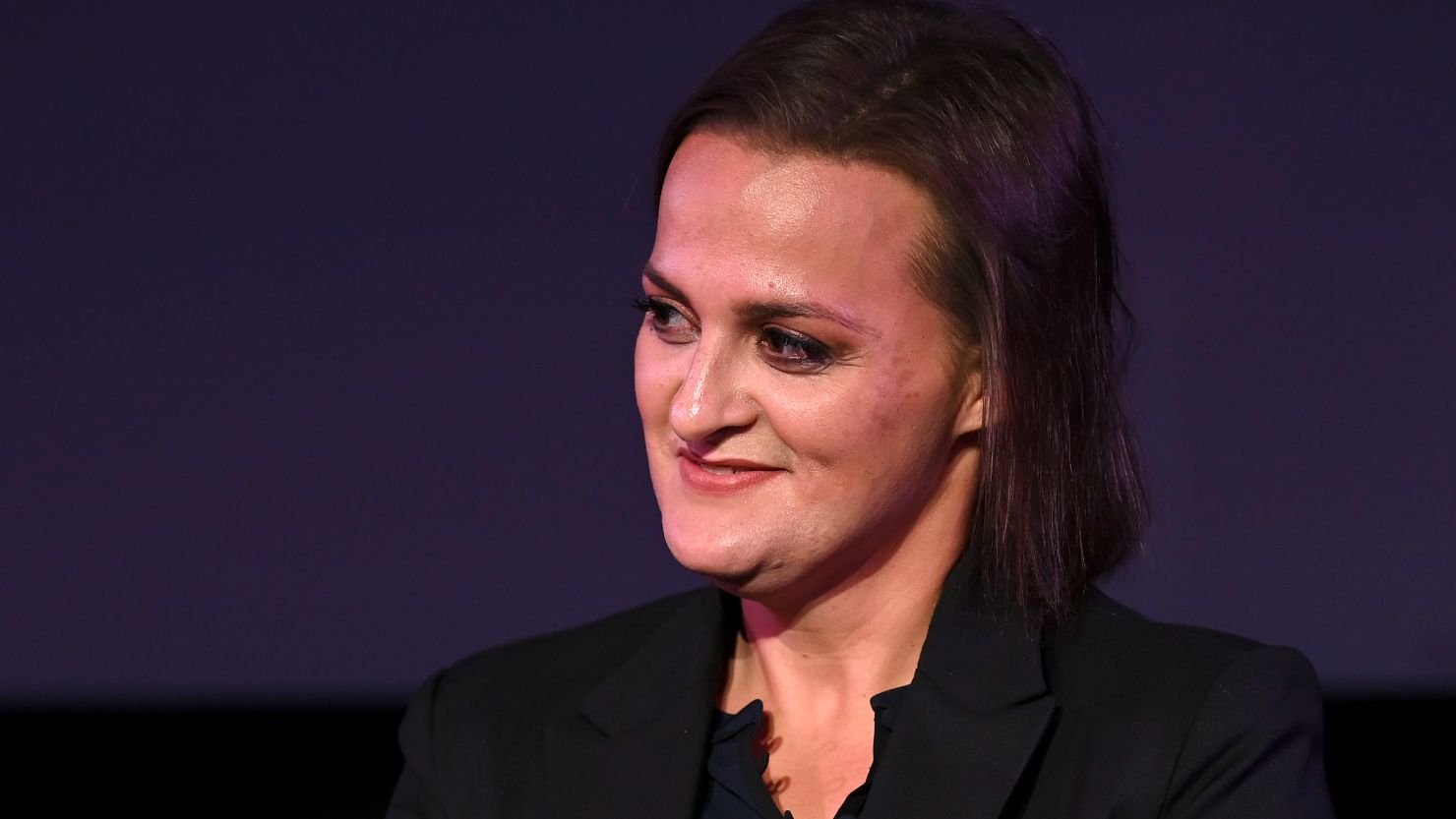Elisabeth Finch’s Profession
Elisabeth Finch is a TV essayist generally perceived for her huge commitments to the famous clinical show series ‘Dim’s Life structures.’ Having joined the show during its twelfth season, Finch immediately turned into a fundamental piece of the composing group, adding to various episodes that were both widely praised and cherished by crowds. Her creative vision and capacity to wind around complex stories helped improve the series’ standing as one of the most powerful TV programs of now is the ideal time.
Notwithstanding her work on ‘Dim’s Life structures,’ Finch has teamed up on different other TV projects. She has collected consideration for her imaginative narrating abilities and plays had a fundamental impact in molding stories that resound with watchers on both close to home and scholarly levels. Her composing frequently features significant social issues, making her work engaging as well as provocative. Such topics have procured her acknowledgment inside the business and put her aside as a strong voice in TV composing.
Finch’s impact reaches out past unambiguous shows; she has added to the bigger scene of TV through her contribution in various organizations, including series improvement and creation. Her experience incorporates assorted jobs that envelop composing, yet additionally mentorship positions in different imaginative groups. This multi-layered profession has permitted her to influence the media business fundamentally, rousing another age of journalists and narrators.
In any case, as Finch’s vocation developed, her own life turned into a subject of examination, prompting disclosures that would challenge the impression of her expert accomplishments. This propensity of pressure adds layers to her account, provoking conversations about genuineness and the intricacies of public personas in media outlets.
The Affirmation of Falsehoods and Its Effect
Elisabeth Finch, a previous essayist for the famous TV series ‘Dark’s Life systems,’ stood out as truly newsworthy when she conceded to creating a snare of falsehoods encompassing her wellbeing and individual life. Her cases incorporated a fight with disease, which she openly examined during her time in the journalists’ room, as well as complicated accounts of individual battles that constrained numerous to feel for her circumstance. The setting of these creations is huge as they emerged during when Finch was exploring the high-pressure climate of media outlets, where individual stories frequently entwine with proficient personas.
The effect of her misdirection was significant, on her own standing as well as on her expert connections inside the ‘Dim’s Life structures’ composing group. Partners who had come together for her on the side of her supposed wellbeing battles were left stunned and double-crossed after learning reality. The air in the journalists’ room, once described by kinship and backing, moved radically as trust dissolved among Finch and her friends. The trust that had been worked over the long haul was compromised, prompting a reexamination of both individual and expert elements among the journalists.
Repercussions from Finch’s manufactures reached out past her nearby partners, inciting a more extensive response inside the diversion local area. Numerous in the business communicated disillusionment and dissatisfaction, itemizing how her untruths damaged the account realness that is much of the time valued in imaginative narrating. The disclosures have provoked conversations about the obligation of journalists to keep up with trustworthiness and genuineness, especially when their own encounters illuminate their work. This present circumstance features the fragile harmony among weakness and genuineness in the realm of TV composing, bringing up basic issues about the outcomes of duplicity in imaginative fields.
Public and Industry Response
The disclosure of Elisabeth Finch’s deceitfulness has catalyzed a diverse response from fans, individual scholars, and industry experts. At first, Finch was praised for her commitments to the TV scene, especially through her work on ‘Dark’s Life systems.’ Be that as it may, the huge inconsistencies between her public persona and confidential real factors have prompted a significant frustration inside the imaginative local area. Fans who once respected her composing presently wrestle with sensations of double-crossing, scrutinizing the credibility of her stories, especially those established in private insight.
Scholars and industry figures have voiced their interests in regards to responsibility in narrating, particularly when individual encounters are entwined with creative articulation. The occurrence has touched off banters about the moral obligations of makers, featuring the significance of trustworthiness while sharing stories that resound with crowds on an individual level. Occurrences of comparable deceitfulness can sabotage the believability of whole types, prompting a more extensive question among shoppers of media.
This present circumstance prompts a bigger assessment of what individual truth means for imaginative substance. Numerous industry experts have focused on the need for straightforwardness among authors, contending that individual narrating ought to be established in real records as opposed to decorated or manufactured subtleties. As Finch’s case keeps on unfurling, it fills in as a wake up call for creatives who draw from their background. The overall reaction highlights a fundamental exchange about the limits of creative liberty and the essential job of honesty in encouraging trust inside both the imaginative local area and its crowd.
As the business surveys the ramifications of Finch’s disclosures, obviously the consequences reach out past her singular conditions, giving an open door to contemplation about the norms and assumptions for narrating in a culture that undeniably esteems genuineness.
Illustrations Learned and Pushing Ahead
Elisabeth Finch’s account fills in as a powerful sign of the basic idea of trustworthiness inside private narrating. The intricacies engaged with meshing individual bits of insight into imaginative articulation are complex, and Finch’s experience features a basic illustration: validness should stay at the very front of innovative undertakings. Authors frequently draw from their own lives to enhance their stories; in any case, when creations saturate these records, the outcome can be negative not exclusively to the singular’s standing yet additionally to the validity of their work.
The moral repercussions of entwining reality with fiction have ignited fundamental conversations inside the composing local area. While artistic freedoms are a necessary piece of narrating, going too far into misdirection brings up basic issues about trust and honesty. Finch’s circumstance enlightens the unsafe equilibrium that essayists should keep up with between creative liberty and moral obligation. Scholars who decorate realities or make elaborate stories can accidentally add to a culture of doubt, at last influencing the whole business.
Looking forward, the aftermath from Finch’s choices will probably shape her direction inside the amusement scene. Potential repercussions might incorporate decreased open doors for joint effort, as companions might wonder whether or not to draw in with somebody whose veracity has been raised doubt about. Besides, the circumstance underscores a urgent defining moment for scholars facing moral issues in their innovative strategies. The composing local area should participate in thoughtfulness about the outcomes of wandering from genuineness, encouraging a climate grounded in legitimacy.
At last, Finch’s story fills in as an impetus for more extensive conversations about private story and moral contemplations in experimental writing. The examples gathered from her experience highlight the requirement for scholars to stay focused on honesty, for their vocations as well as for the respectability of the artistic expression itself. As the business advances, these discussions will demonstrate priceless to all who seek to recount their accounts with honesty, guaranteeing that individual stories reflect certified encounters.

